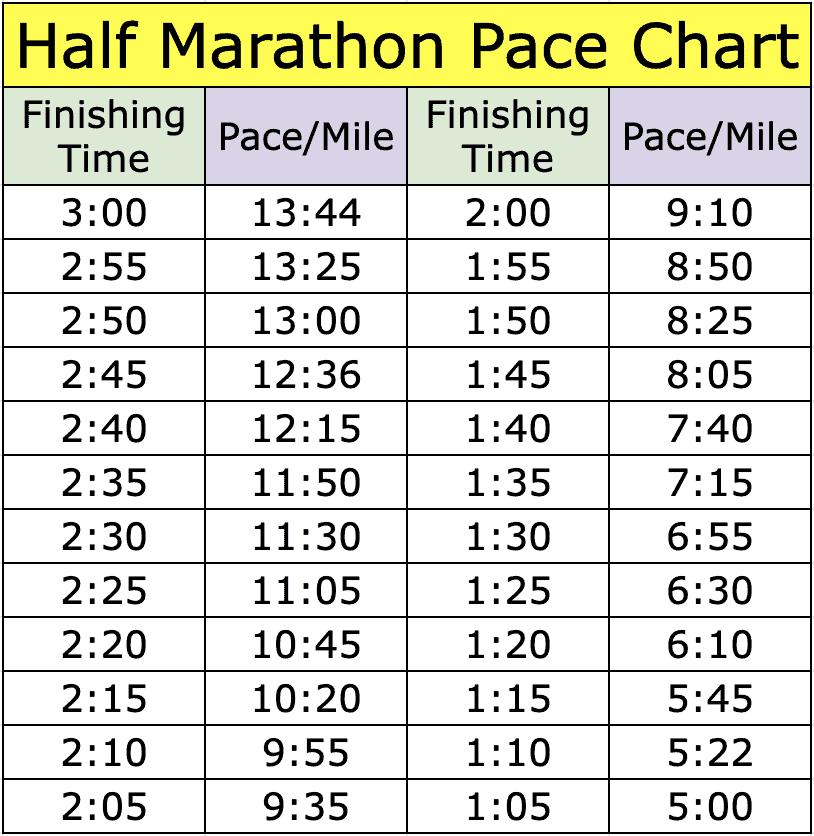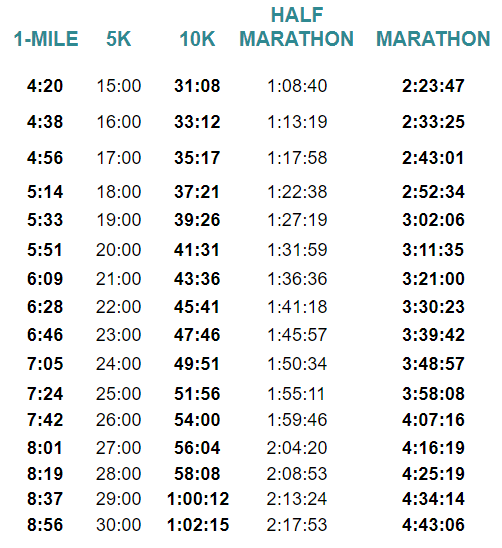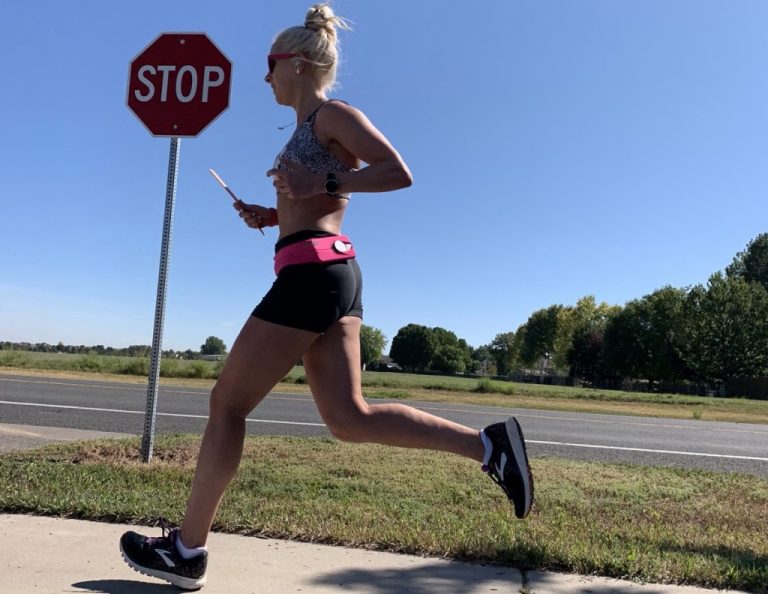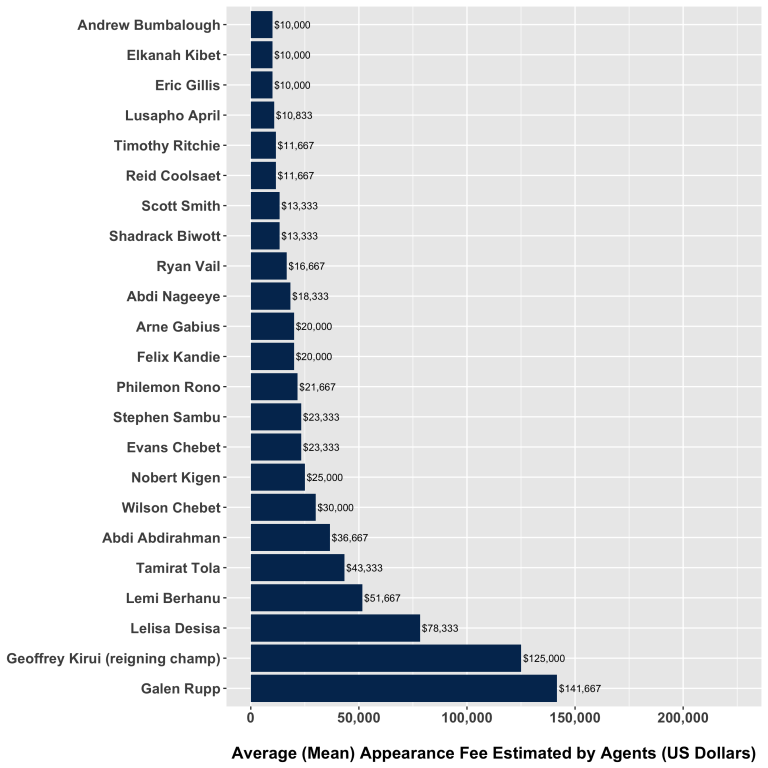What Marathon Pace Should I Aim for
Aim for a marathon pace that is comfortable and achievable based on your current fitness level. Consider your training and previous race times to determine the ideal pace.
Setting a target pace for a marathon is crucial for optimal performance. Your pace should be challenging yet sustainable throughout the race distance. It’s important to find a balance between pushing yourself and avoiding burnout. Aiming for a pace that allows you to finish strong and meet your time goal is key.
By carefully planning and training at the right pace, you can enhance your marathon experience and reach your race day objectives successfully. Remember to listen to your body and adjust your pace as needed during the race to perform at your best.
Benefits Of Setting A Marathon Pace Goal
To determine your marathon pace goal, consider factors such as your training, fitness level, and previous race times. Setting a specific pace goal can help you maintain a steady speed and conserve energy for the entire race, leading to a more successful and enjoyable performance.
It will also assist in tailoring your training and race-day strategy to meet your desired pace.
Improves Performance
Setting a marathon pace goal can greatly improve your performance on race day. When you have a specific target to aim for, it gives you something tangible to work towards during your training. This goal serves as a benchmark for your progress and allows you to monitor your performance along the way. By consistently training at your marathon pace, you can effectively build endurance and train your body to sustain that speed over the entire race distance. This focused training will also help you develop the mental strength needed to push through those tough moments during the race, ultimately enhancing your overall performance.Helps In Pacing
One of the key benefits of setting a marathon pace goal is that it helps you establish a proper pacing strategy. Running a marathon is a test of endurance, and pacing plays a crucial role in finishing strong. Having a target pace in mind allows you to distribute your energy wisely throughout the race, avoiding the common mistake of starting too fast and burning out before the finish line. By maintaining a steady pace from the beginning, you increase your chances of maintaining your energy levels and avoiding hitting the wall. Setting a marathon pace goal enables you to plan your race strategy accordingly and execute it effectively, resulting in a more consistent and successful performance.Motivates During Training
Training for a marathon is a demanding process that requires discipline and dedication. It’s easy to lose motivation and focus without a goal to strive for. Setting a marathon pace goal provides the motivation and drive needed to stay committed to your training regimen. It gives you a clear sense of purpose and direction, making each training session more meaningful. With a specific goal in mind, you have a constant reminder of what you’re working towards, keeping you motivated even on those days when you feel less inspired. This focus on your marathon pace helps you stay on track with your training, ensuring that each workout contributes to your progress and ultimately prepares you for a successful race day.
Credit: www.all-about-marathon-training.com
Factors To Consider When Determining Marathon Pace
Determining your marathon pace requires careful consideration of factors such as training history, fitness level, and race goals. It’s important to find a pace that’s challenging yet sustainable for the entire 26. 2 miles to achieve your desired result.
Current Fitness Level
Assess your current fitness level to determine an appropriate marathon pace.
Race Distance
Consider the marathon distance and how it will impact your pace strategy.
Terrain And Weather
Factor in the terrain and weather conditions for your marathon pace planning.
When considering marathon pace, it’s crucial to evaluate several key factors to optimize your performance. Your current fitness level should guide your pace, alongside the race distance and the impact of terrain and weather conditions.
Assess your fitness to set a suitable pace for the marathon. Consider the race distance to plan your strategy. Factor in the terrain and weather conditions for pacing decisions.
Methods To Calculate Your Marathon Pace
Race Predictors
There are several methods to estimate your marathon pace based on your performance in shorter races.
- Popular race predictors include the McMillan Running Calculator and the VDOT Calculator.
- Input your recent results from races like 5K or half marathon to get an idea of your marathon pace.
Training Runs, Ensuring Each Heading Adheres To Html Syntax.
Simulate race conditions during long training runs to gauge your potential marathon pace.
- Perform a tempo run at your goal marathon pace to see if it feels sustainable.
- Practice running negative splits to build endurance and speed for your target pace on race day.
Tips For Achieving Your Target Marathon Pace
Successfully running a marathon requires careful planning and preparation, including setting a realistic target pace. Your marathon pace determine how fast you need to run each mile to achieve your desired finishing time. To help you reach your target pace, here are some tips to consider:
Consistent Training
Consistency is key when it comes to training for a marathon. By following a well-structured training plan and being consistent with your workouts, you can gradually build up your endurance and speed. This means running regularly and gradually increasing your mileage over time. Consistency in training helps your body adapt to the physical demands of running a marathon and prepares you for maintaining your target pace on race day.
Practice Races
Participating in practice races can be incredibly beneficial for determining your target marathon pace. These races, typically shorter distances like 10K or half marathons, give you an opportunity to gauge your current fitness level. By running at your goal pace during these races, you can evaluate if it is sustainable for an entire marathon. Practice races also allow you to practice your pacing strategies, push your limits, and gain confidence in your ability to maintain a steady pace.
Fine-tuning Your Pace
When it comes to marathon pacing, it’s important to find the balance between pushing yourself and avoiding burnout. Consistently running at your target pace during training runs helps you become familiar with the effort required. You can also use technology such as GPS watches or smartphone apps to monitor your pace and make adjustments as necessary. Breaking your marathon into smaller segments and having a planned pace for each can help you stay focused and evenly distribute your energy throughout the race.
By following these tips and committing to consistent training, you can improve your chances of achieving your target marathon pace. Remember, everyone’s pace differs, so it’s essential to set a realistic goal based on your current fitness level and experience. With hard work and determination, you can cross that finish line at your desired pace, accomplishing your marathon goals.
Adjusting Your Marathon Pace Goal
Adjusting your marathon pace goal is a crucial aspect of your training journey. However, various factors can prompt the need for adjustments, such as injuries or setbacks.
Injuries Or Setbacks
Injuries and setbacks are inevitable for many marathon runners. Whether it’s a strained muscle or a minor illness, these challenges can disrupt your training plan and impact your ability to maintain a specific marathon pace. When faced with such setbacks, it’s essential to reassess your pace goal and make necessary adjustments to accommodate your recovery process. Remember, prioritizing your health and well-being should always take precedence over a target pace.
Listen To Your Body
Your body is an excellent indicator of when adjustments are needed. Pay close attention to how it responds to your training sessions. If you’re consistently feeling fatigued or experiencing persistent discomfort, it may be a sign that your initial pace goal is too aggressive. In such cases, allowing yourself the flexibility to adjust your marathon pace can prevent further harm and support a more sustainable running experience.

Credit: www.halfmarathons.net

Credit: lauranorrisrunning.com
Frequently Asked Questions For What Marathon Pace Should I Aim For
How Do I Know What My Marathon Pace Should Be?
To determine marathon pace, use a recent race time or a pace calculator tool. Aim for a pace that feels challenging but sustainable throughout the race. Listen to your body and adjust as needed during training runs. Consulting a running coach can also provide personalized guidance.
How Should I Pace Myself For A Marathon?
For a marathon, pace yourself by starting slow, building gradually, and keeping a steady rhythm. Listen to your body, hydrate, and fuel properly to maintain energy levels. Find a comfortable pace and stick to it to finish strong and avoid burning out too early.
What Is A Realistic Marathon Goal?
A realistic marathon goal varies depending on each runner’s experience and fitness levels. Generally, aiming to finish the marathon within 4-5 hours is considered realistic for most recreational runners. However, elite runners often strive for sub-3 hour finishes. Set a goal that challenges you but is attainable with proper training.
Conclusion
Determining the right marathon pace is crucial for a successful race. It depends on various factors including fitness level, previous race experience, and personal goals. By considering your current abilities and setting realistic objectives, you can select a pace that challenges you without risking burnout.
Remember to train consistently and listen to your body to achieve your desired results. Happy running!






